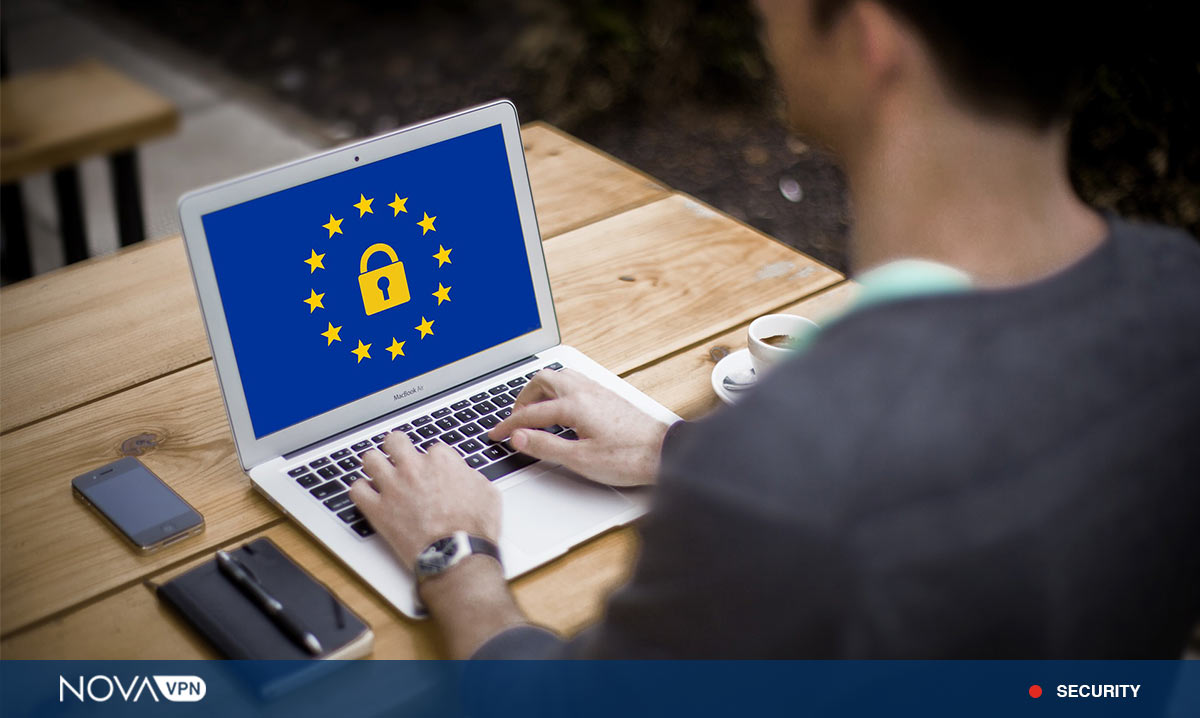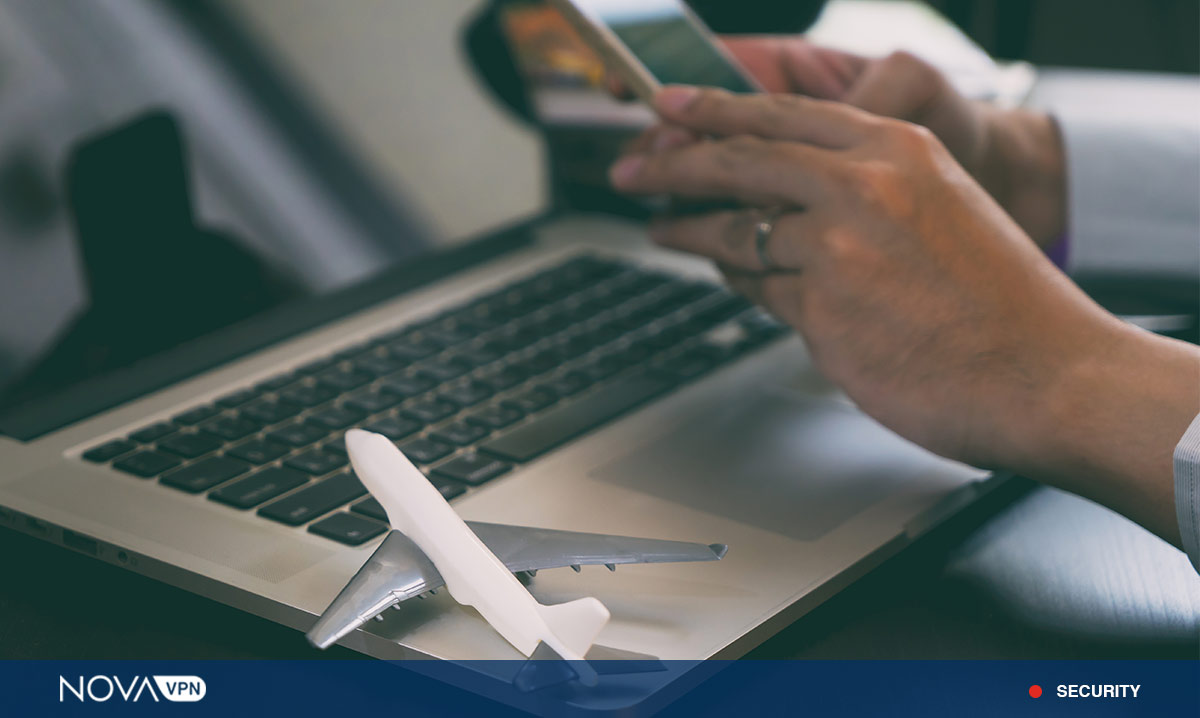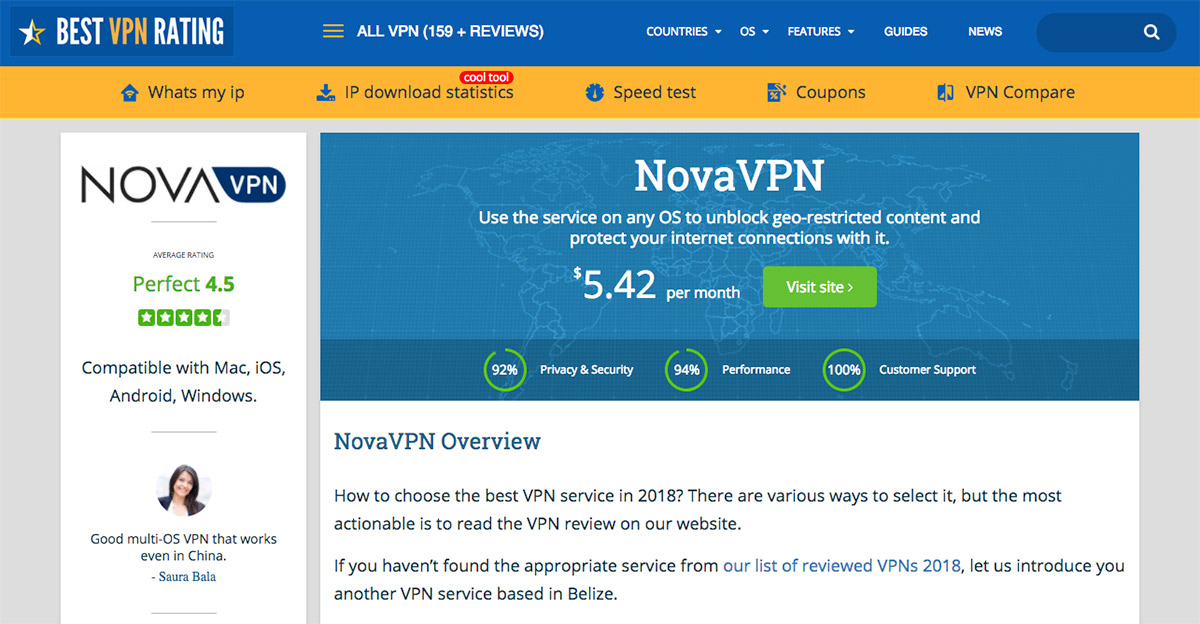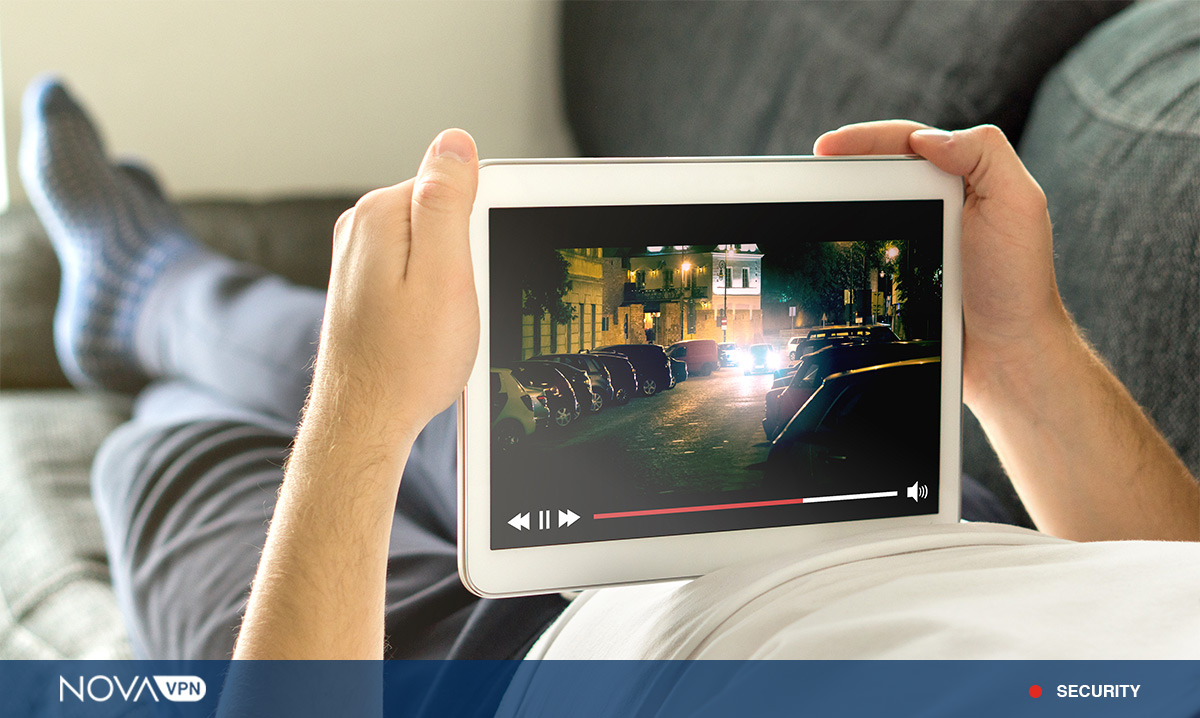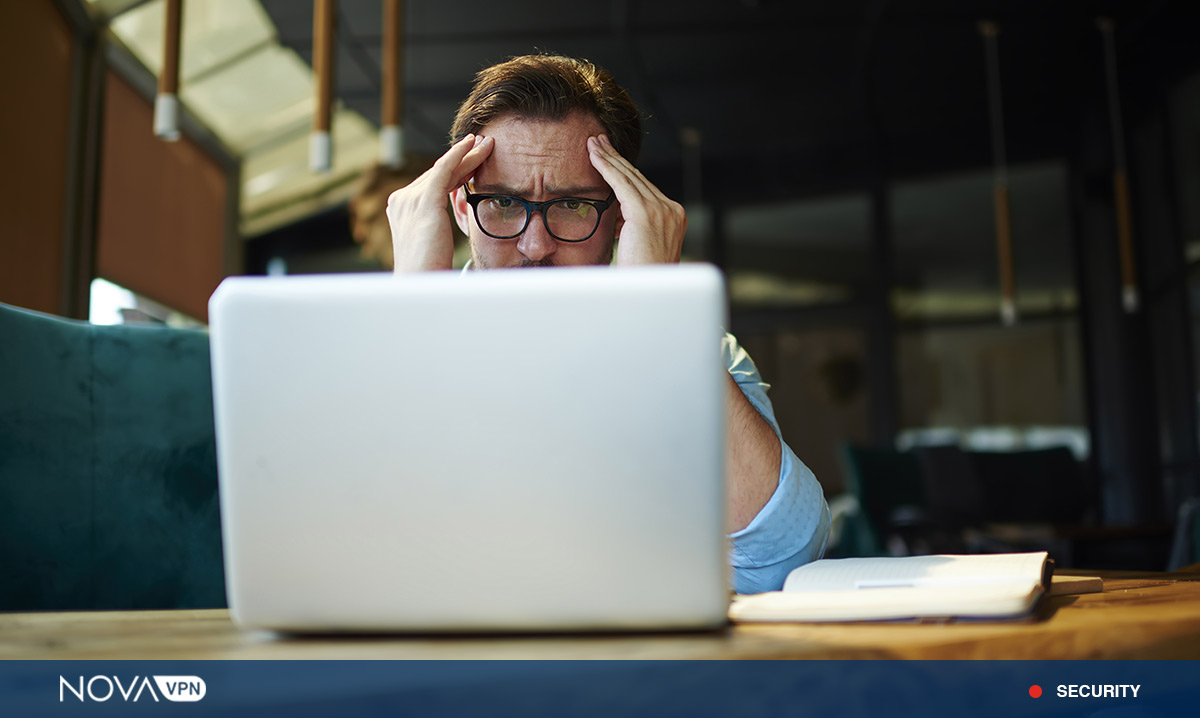One of the major benefits of the internet is that it relieves freelance workers from being tied down. If you have the travel bug but you still need to work in order to fund it, then there’s nothing stopping you from hopping on a plane and taking your laptop with you.
Yet seeing the world involves venturing into unfamiliar territory—literally. There are hundreds of different customs in every country and being unaware of these can get you into trouble.
Fortunately, the universal nature of the internet means there are certain precautions you can keep in mind when adopting the digital nomad lifestyle. These are fool-proof safety tips you can use anywhere to keep your personal information locked tight and safe.
Here at NovaVPN, we aim to keep users safe the world over, we’re big on data privacy and security. That goes for the digital nomad, too. As such, here’s a list of the precautions we mentioned to keep you safe while you take your work all over the globe.
Stick to the basics
Bad actors attach malware to downloadable files. It’s the most common method of hacking into another user’s system. The more you download, then, the more you expose yourself to malware.
Of course, in your own country, it’s pretty easy to spot when something’s not right and a file may be dangerous. That isn’t so easy on local websites in a foreign country, though, especially if you’re relying on an automated translation tool that might be dangerously inaccurate.
Generally speaking, the best practice is to only stick to what you need. Don’t go crazy on downloading stuff like you might do at home, because you might not know what you’re supposed to be looking out for.
Better yet, learn what the main websites are in a certain country beforehand and just stick to them. And never, ever visit a website that doesn’t have an SSL certificate—that’s just asking for trouble.
Keep your passwords strong
Once you lose your password, you can lose everything. And that isn’t a good position to be in when you’re a digital nomad enjoying life in a foreign country.
One of the main things to remember is that you should never reuse passwords. This can compromise every account you use that password for even if just one of your accounts gets hacked. Hackers, after all, are at their best when their targets are at their laziest.
As it’s tough to create complex passwords for every single one of your accounts and memorising them—as well as changing them every so often, which is advisable—then you should consider using a password manager. These tools store your passwords in an encrypted format, which bolsters your ability to stay one step ahead of hackers.
Use a VPN
A virtual private network (VPN) is a godsend for any digital nomad, and it should be even higher on your priority list than your shades, your hat, and your suntan lotion. Quite simply, there’s no better way for a digital nomad to keep their personal information safe and secure than by deploying one of these bad boys.
What a VPN does is reroute your connection through a remote server (of your choosing) to make it seem as though you’re somewhere else entirely. Not only can this help you bypass local content restrictions and stay out of trouble, but it’s also a great way to make sure your online identity remains totally private.
VPN services also tend to encrypt the user’s data transmission so that, even if someone did manage to intercept it, they wouldn’t be able to make heads nor tails of it. There really is a reason why many digital nomads use VPN services, and it’s because it puts a total block on your personal information so that nobody can get hold of it, no matter how hard they try.
Conclusion
Of course, some of these precautionary methods are simply common sense. Reusing passwords is asking for trouble, as is using public WiFi without a VPN. Of course, public WiFi is likely the only internet access you’ll be able to get when you’re working abroad, so be sure to get a VPN software on all of your devices before setting off.
A word to the wise: you should never be tempted by a free VPN service. Running a virtual private network is expensive, so many of these free services make their money back by selling your data off to third parties or by giving you the short shrift in terms of security tools.
Again, it’s always worth reading up about VPN services before you commit to any one subscription package. Take a look at the review written by VPNpro.com experts- https://vpnpro.com/vpn-reviews/novavpn-review/. Once you’ve done that: happy travels!



